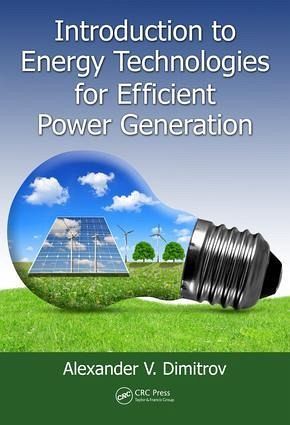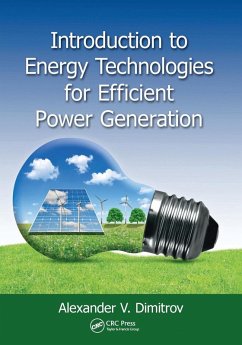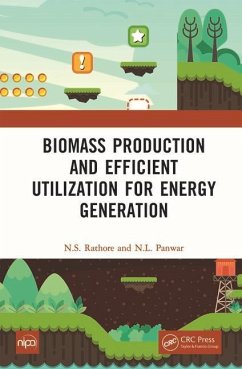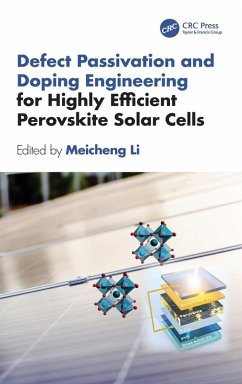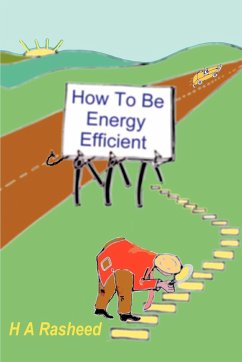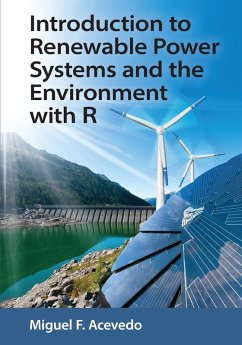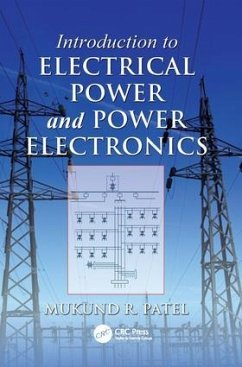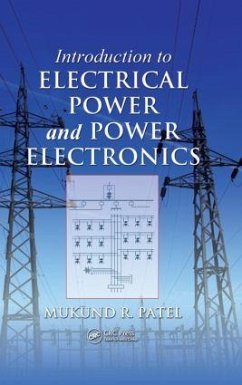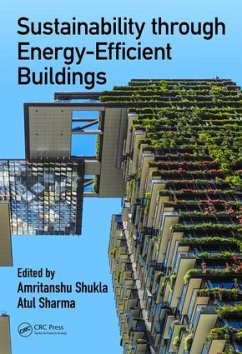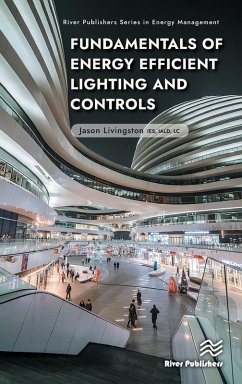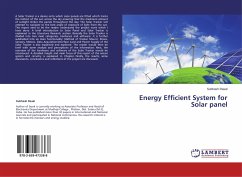Alexander V. Dimitrov
Gebundenes Buch
Introduction to Energy Technologies for Efficient Power Generation
Versandkostenfrei!
Versandfertig in 1-2 Wochen
Weitere Ausgaben:

PAYBACK Punkte
84 °P sammeln!




This book serves as a guide for discovering pathways to more efficient energy use.
Alexander Dimitrov is a professional lecturer with 35 years of experience at four different universities. In addition to universities in Bulgaria, Dr. Dimitrov has lectured and studied at leading scientific laboratories and institutes in other countries, including the Institute of Mass and Heat exchange "Likijov", Byelorussian Academy of Sciences, Minsk; Lawrence Berkeley National Laboratory, Environmental Energy Technology Division, Indoor Environment Department; UNLV -ollege of Engineering, Center for Energy Research; Stanford University, California, Mechanical Department. Professor Dimitrov has conducted systematic research in energy efficiency, computer simulations of energy consumption in buildings, the distribution of air flow in an occupied space, modeling of heat transfer in building envelope, and leaks in the ducts of HVAC systems. Professor Dimitrov has defended two scientific degrees: Doctor of Philosophy (in 1980 - Ph.D.) and Doctor of Science (in 2012 - D.Sc.). With significant audit experience in the energy systems of buildings and their subsystems, he has developed an original method for evaluating the performance of the building envelope and energy labeling of buildings. He also has experience in the assessment of energy transfer through building envelope and ducts of HVAC systems. Professor Dimitrov's methodology has been applied in several projects with great success. He has developed a mathematical model for assessment of the environmental sustainability of buildings, named BG_LEED. He earned his Professor Degree in "Engineering Installations in the Buildings" with the dissertation "The building energy systems in the conditions of environmental sustainability" at European Polytechnical University in 2012. Subsequently, he has authored more than 100 scientific articles and 9 books, including 4 in English.
Produktdetails
- Verlag: CRC Press
- Seitenzahl: 280
- Erscheinungstermin: 23. Februar 2017
- Englisch
- Abmessung: 260mm x 183mm x 20mm
- Gewicht: 727g
- ISBN-13: 9781498796446
- ISBN-10: 1498796443
- Artikelnr.: 47736331
Herstellerkennzeichnung
Libri GmbH
Europaallee 1
36244 Bad Hersfeld
gpsr@libri.de
Für dieses Produkt wurde noch keine Bewertung abgegeben. Wir würden uns sehr freuen, wenn du die erste Bewertung schreibst!
Eine Bewertung schreiben
Eine Bewertung schreiben
Andere Kunden interessierten sich für




